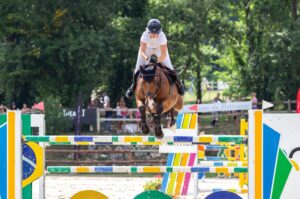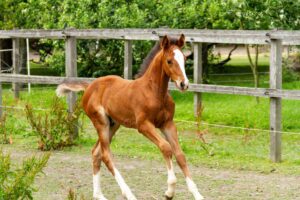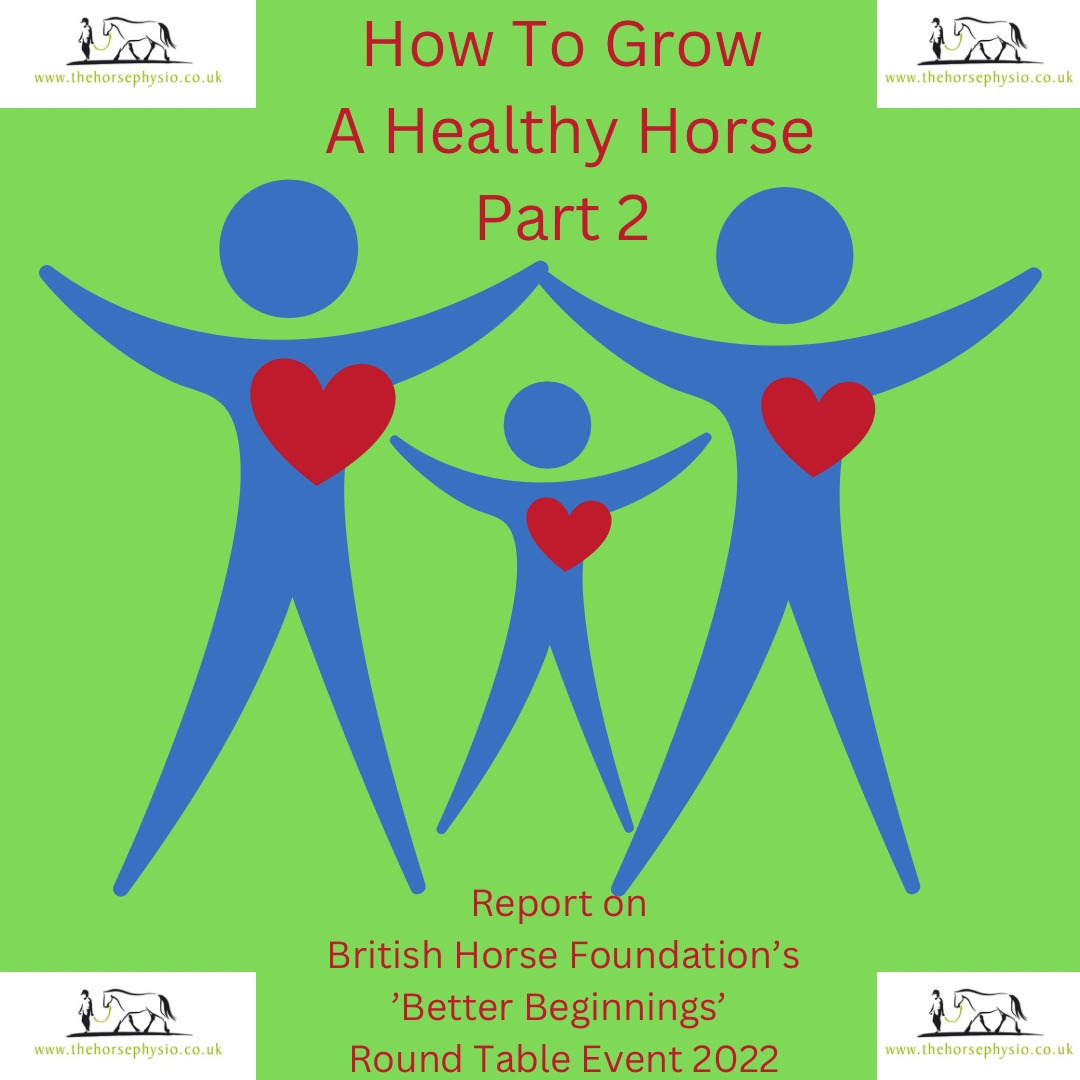You can find The Horse Physio on Facebook, YouTube, and Instagram. Please like and subscribe on the channels you enjoy most, and also take a minute to sign up to my newsletter for free content on horse health and wellbeing.
This is a report of my own learnings from the British Horse Foundation Round Table Event, held in October 2022. You can watch the full set of presentations at www.britishhorsefoundation.org.uk under ‘Better Beginnings’.
The British Horse Foundation’s ‘Better Beginnings’ round table event was held at Weatherbys on Monday 10th October 2022. I have split this blog into three parts, to keep them short, as there is so much information. This is part 2.
Simon Cooper
Simon talked about how much difference we can make by understanding and working with genetics, particularly in relation to improving the sustainability of health in our competition horses. The science was beyond me, but clearly this is an increasingly emerging and important field.

Photo by Philippe Oursel on Unsplash
Professor Celia Moore
Celia again talked about the importance of understanding and working with genetics. One thing she said that really caught my attention was that we can predict, to a degree, which racehorses may be more prone to fracture, by studying which genes are expressed over time, in combination with the knowledge of the age of the horse, the distance they are running, et cetera.
Dr Tullis Marston
Tullis talked about technologies in breeding. There’s so much that I wouldn’t even begin to think about on a day to day basis, including cloning horses, which is now considered relatively common. It’s clear that in terms of rescuing rare breeds from disappearing completely, this could be literally a life saver. The politics and ethics are, of course, extremely complex. He finished by introducing an awareness that in just a few years, we could literally be breeding from 3D printing of genes!
Edward Matson
Edward asked us to think about why we’re breeding, which horses we’re breeding from, and how best to educate around breeding horses.

Photo by Robert Hoffmann on Unsplash
Dr Michelle Dawson
Michelle is a consultant anaesthetist in the NHS, and talked about the importance of the multidisciplinary team. This means that lots of people, each with different skill sets, are needed to take a horse from conception (or even before that, in choosing the most appropriate mare and stallion) to competition and beyond. I liked that she pointed out, after some in depth discussion of how many people it takes to get to the point of having a sound, healthy, sensible 4 year old, that that’s only the beginning of where multidisciplinary team working begins!
This is a report of my own learnings from the British Horse Foundation Round Table Event, held in October 2022. You can watch the full set of presentations at www.britishhorsefoundation.org.uk under ‘Better Beginnings’.
Keep an eye out for my next book, “Harmonious Horsemanship: How to use the Ridden Horse Ethogram to Optimise Potential, Partnership, and Performance”. This ground-breaking book is co-authored with Dr Sue Dyson, and will be available summer 2023. Sign up at www.harmonioushorsemanship.co.uk to be kept up to date with new information as it comes available. In the meantime, you can learn more about the Ridden Horse Ethogram here.
Sue Palmer, aka The Horse Physio, is an award-winning ACPAT and RAMP registered Chartered Physiotherapist, an Intelligent Horsemanship Recommended Trainer, and holds an MSc. Formerly a competitive rider and BHSAI, she works full-time treating horses. Through multiple books and articles, Sue shares with you her passion for ethical and harmonious horsemanship.
Other books by Sue Palmer M.Sc. MCSP:
‘Horse Massage for Horse Owners’
‘Understanding Horse Performance: Brain, Pain or Training?’
